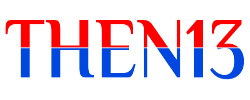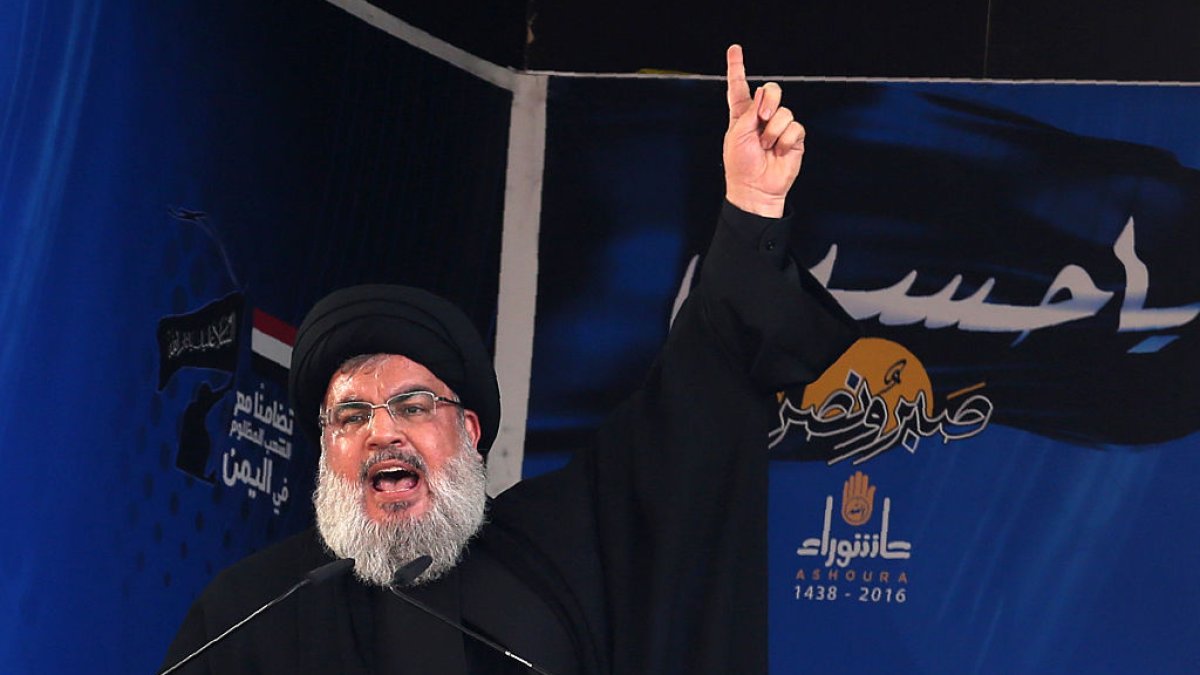HEZBOL – Israel announced this Saturday that its forces killed Hassan Nasrallah, the powerful leader of the Lebanese political and militant group Hezbollah, in what would mark a major escalation amid growing hostilities on its northern border with Lebanon.
An Israeli official said on Friday that Israeli forces had targeted Nasrallah, who has led the Iran-backed militant group for the past three decades, in a large-scale attack on a southern suburb of Beirut.
“Hassan Nasrallah will no longer be able to terrorize the world,” the Israel Defense Forces said in a post on X.
Hezbollah confirmed in a statement on Saturday that Nasrallah, 64, had been killed.
Under Nasrallah’s leadership, Hezbollah became the most powerful Iranian-backed paramilitary group in the Middle East, with an arsenal of ballistic missiles aimed at Israel, as well as a powerful political player in Lebanon. The disciplined force has also trained other Iranian proxies in the region and fought in Syria to quell forces trying to overthrow President Bashar al-Assad’s regime.
He called for the liberation of Jerusalem, referring to Israel as the Zionist entity and praised the Hamas attacks of October 7, 2023 against Israel as a heroic, great and grand operation.
Hezbollah’s current rocket and drone campaign against northern Israel that began shortly after was carried out in solidarity with the Palestinians, Nasrallah had said. Hezbollah has vowed to continue its campaign against Israel until it ends its nearly year-long offensive in Gaza.
LEARN MORE ABOUT HASSAN NASRALLAH
Nasrallah was born into a poor Shiite family in Beirut in 1960 and grew up in the Karantina district. He studied theology and, after civil war broke out in Lebanon, joined the Amal Movement, a Lebanese Shiite political and paramilitary organization with ties to Iran.
Nasrallah had traveled to Najaf in Iraq, one of the holiest cities in Shiite Islam, where he studied at a seminary before returning to Lebanon and becoming commander of Amal in the Bekaa.
He would later become a founding member of Hezbollah, joining the year the group was formed, in 1982, following the Israeli invasion of Lebanon, which began on June 6 of that year.
Hezbollah was formed that year to fight invading Israeli forces, and Nasrallah became the group’s secretary general after his predecessor, Sayyed Abbas Musawi, was killed by Israeli forces in 1992, according to The Associated Press.
Under his leadership, Hezbollah, whose name means Party of God and is designated a terrorist organization by the United States, rose to prominence as it fought to expel Israel from Lebanon until the country withdrew its forces in May 2000.
And his status rose even further after he led the group in a 34-day war with Israel in 2006 that ended with a United Nations-backed ceasefire. That conflict began when Hezbollah fired rockets at Israeli military bases and border towns and then captured two Israeli soldiers.
This was the sound the beeps made before they exploded, killing more than 30 people and injuring another 3,000. To see more from Telemundo, visit
Ed Husain, a Middle East fellow at the Council on Foreign Relations, said Israel’s targeting of Nasrallah could be seen as a proactive strategy to defend Israel and should not come as a surprise.
“Israel no longer appears to fear a head-on confrontation with Iran,” Husain said, adding: “Israel will not fear entering into a larger operation.”
The IDF’s claim to have killed Nasrallah came after its forces on Friday launched airstrikes against what it described as Hezbollah’s central headquarters, which it said was located beneath residential buildings in Dahieh, a southern suburb. of Beirut known to be a Hezbollah stronghold.
The assault shook the capital and caused thick columns of smoke over the city. An NBC News crew witnessed the explosion near Beirut’s Rafic Hariri International Airport.
According to the Lebanese Ministry of Health, at least six people were killed and 91 injured in the attack on Nasrallah, although the damage is extensive and the official death toll may rise.
Both Lebanese Prime Minister Najib Mikati and Israeli Prime Minister Benjamin Netanyahu returned early from the UN General Assembly meeting in New York following news of the attack, following a speech by Netanyahu on Friday in which He defended Israel’s actions in the Gaza Strip and Lebanon in which he criticized Iran. as an enemy against Israel’s broader regional interests.
“There is no place in Iran that Israel’s long arm cannot reach,” Netanyahu said. “And that’s true for the entire Middle East.”
In a statement after the attack, an Israeli official told NBC News that the country expected Hezbollah to try to mount a major retaliatory attack.
The concern now is an escalation of war in the Middle East, including an Israeli ground operation in Lebanon, which would be an error in judgment, Husain warned.
It is better to succeed using new technologies and tactics and avoid the old rules of invasion, because that is a proven method of failure in Lebanon based on previous attempts, he said.
Washington has pushed, along with several allies, for a proposed 21-day ceasefire that would allow negotiations between Israel and Hezbollah in hopes of avoiding an all-out war.
Husain said he believed the Biden administration, which he said had no prior knowledge of Israel’s plans for the attack on Nasrallah, would likely try to “hold Israel back,” but said he believed it would first need to address “the arsenal of weapons held by Israel.” of Israel.” by Hams and Hezbol.
Short of eliminating Hezbollah’s military capabilities, or at least promising to contain Hezbollah, I doubt the US government can control Israel, Husain said.

